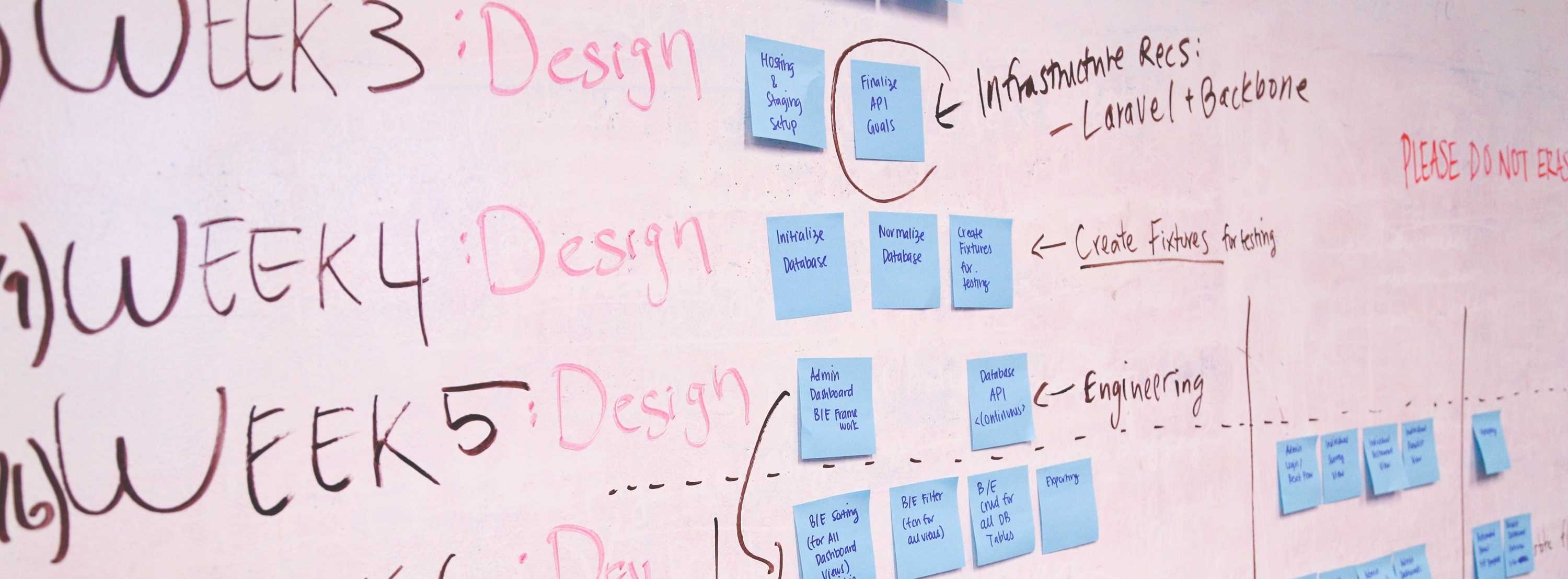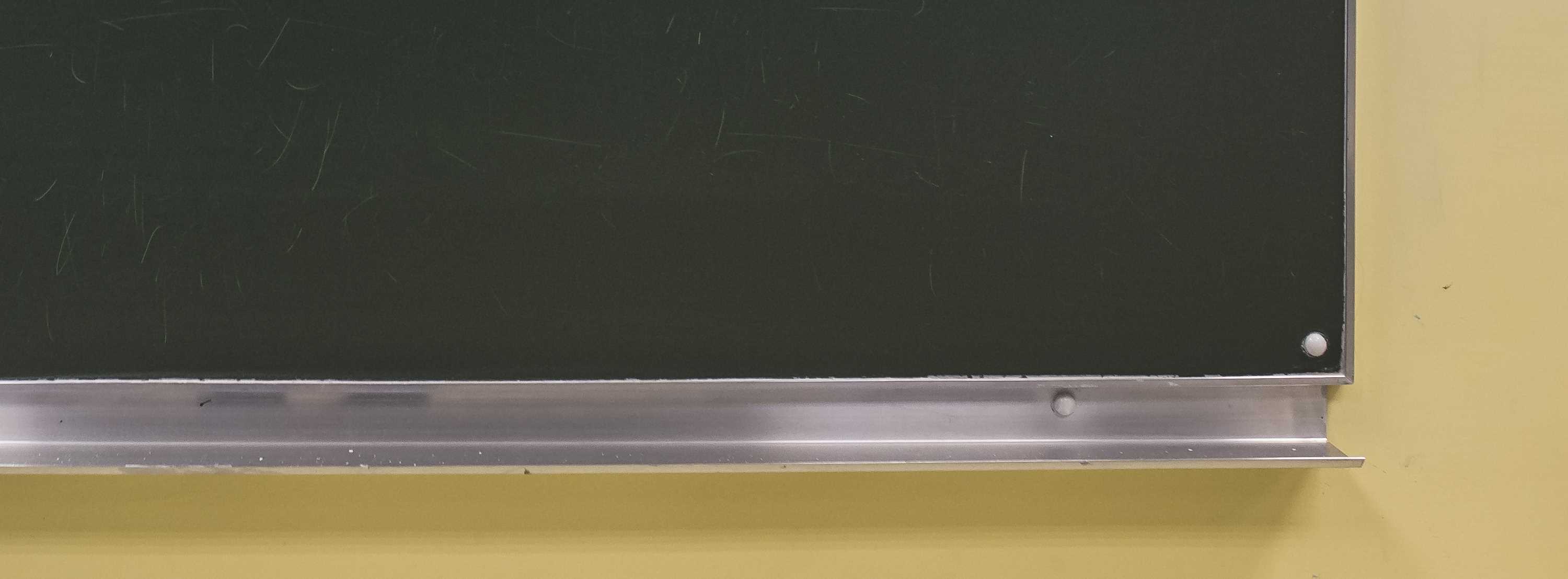Plenary Talks
Meet my Avatar: Social VR as a Topic and a Tool in Communication Research
Date: Wednesday, July 27th
Time: 12:00 - 13:30
Location: University Department of Psychiatry and Psychotherapy, Lecture Hall (Calwerstraße 14)
There is ample evidence that basic principles of embodied (nonverbal) communication apply to interpersonal encounters in virtual reality. Yet VR is different from the real world in significant ways. In contrast to real life, virtual reality is characterized by exceptional degrees of freedom regarding physical appearance, behavior of actors, and dynamic manipulation. These conditions hold the potential to transform or "augment" interpersonal communication and to provide social experiences hardly possible in real-life face-to-face interactions. This potential holds far reaching implications for basic as well as applied research. On the one hand, avatars, i.e. animated characters conveying human interaction behavior online, can be used in social psychology, communication science and social neuroscience to create realistic yet highly controllable social stimuli to study the cognitive and interpersonal effects of nonverbal communication. On the other, the opportunities and threats resulting from VR as an emergent communication medium are still underexplored. Can avatar representation of humans, although subject to potential manipulation, compete with real life encounters? Can they contribute to the formation of rapport, e-trust and empathy? This lecture will address both aspects of avatar research and report results from studies in person perception, emotion recognition, cooperation and trust in virtual encounters.
„Si enim fallor sum“: If truly I err, I am
Date: Thursday, July 28th
Time: 10:00 - 11:30
Location: University Department of Psychiatry and Psychotherapy, Lecture Hall (Calwerstraße 14)
Is the subjective experience of having a body relevant for processing sensory and motor information? After an introduction about body awareness and action monitoring, I will try to delineate a common framework to understand the possible role of subjective experience for sensorimotor processing. The presentation of recent studies and novel paradigms that used virtual reality will suggest a necessary dialogue between several domains, highlighting some of the current challenges for modern neuroscience of bodily Self.
Virtual Reality Exposure Therapy: Actual Situation and further Directions
Date: Thursday, July 28th
Time: 12:00 - 13:30
Location: University Department of Psychiatry and Psychotherapy, Lecture Hall (Calwerstraße 14)
Exposure in virtual reality for the treatment of anxiety disorders will be introduced. Actual evidence for the efficacy in different anxiety disorders as well as other mental disorders, and studies on the mechanisms of action will be presented. Beside the use of exposure in virtual reality for psychotherapy and the possibilities to further enhance treatment efficacy, the significance of virtual reality for basic research on fear, anxiety and anxiety disorders will be a further aspect of the presentation.
Talk Sessions
Click on the titles to open the respective abstract. You will receive a printed version of the abstracts at the registration.
1st Talk Session: Virtual Agents and Immersive Human-Computer Interfaces
Date: Wednesday, July 27th
Time: 14:00 - 16:00
Location: University Department of Psychiatry and Psychotherapy, Lecture Hall (Calwerstraße 14)
14:00 - 14:30
Andrea Bönsch
Two Basic Aspects of Virtual Agents’ Behavior: Collision Avoidance and Presence Strategies
14:30 - 15:00
Sebastian Koenig
Development of the Virtual Simulation: Classroom
15:00 - 15:30
Katharina Zeiner
Creating Positive Interactions and Experiences for 3D Interfaces
15:30 - 16:00
Vasiliki Kondyli
Cognitive-Technological Symbiosis for Evidence-Based Architecture Design
2nd Talk Session: Body and Space Perception in Virtual Realities
Date: Thursday, July 28th
Time: 15:00 - 16:30
Location: University Department of Psychiatry and Psychotherapy, Lecture Hall (Calwerstraße 14)
15:00 - 15:30
Anne Thaler
The Influence of Personal Body Mass Index on Body Size Perception of Self and Other in Females
15:30 - 16:00
Eike Langbehn
(Mis-)Perception in Virtual Realities: Distance, Speed and Time
16:00 - 16:30
Thomas Gulde
Vision-Based Mobile Robot Navigation for Vibro-Tactile Human-Centered Guidance
Panel Discussion
Date: Thursday, July 28th
Time: 17:00 - 18:00
Location: University Department of Psychiatry and Psychotherapy, Lecture Hall (Calwerstraße 14)
In the panel discussion we will discuss the overall topic of the VECTOR workshop - virtual reality in psychological research - from both a historic and a thematic perspective to get a broader view on the field. For the panel discussion, we invited researchers from Tübingen and the keynote speakers. The following discussants will participate:
Prof. Dr. Gary Bente:
University of Cologne & Michigan State University
Prof. Dr. Andreas J. Fallgatter:
University of Tübingen
Prof. Dr. Martin A. Giese:
Centre for Integrative Neuroscience / Hertie Institute for Clinical Brain Research, University of Tübingen
Prof. Dr. Andreas Mühlberger:
University of Regensburg
Dr. Stephan de la Rosa:
Max Planck Institute for Biological Cybernetics, Tübingen
Dr. Emmanuele Tidoni:
University of Rome La Sapienza
The following topics will be addressed in the discussion:
- Current research perspectives given the present enthusiasm and previous hypes
- VR technologies as a Research Topic
- VR in applied psychological settings
- Interdisciplinary approaches
- Prospects of VR technologies in psychological research and applications
There will be an open discussion at the end of the session.




